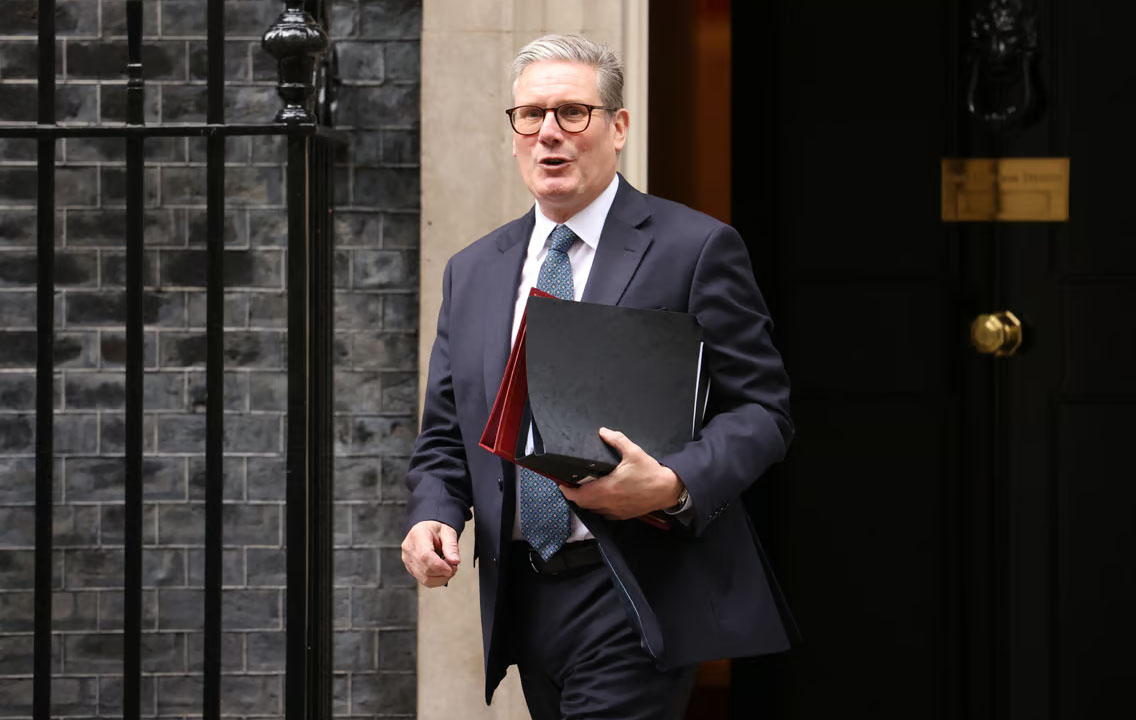
Photo Credit: Getty Images
The pound has fallen to its lowest level in over a year, while UK borrowing costs have surged to their highest for 16 years. The pound fell by 0.9% to $1.226 against the dollar on Thursday and borrowing costs rose further.
Sterling typically rises when borrowing costs increase but economists said wider concerns about the strength of the UK economy had driven it lower.
The government generally spends more than it raises in tax. To fill this gap it borrows money, but that has to be paid back - with interest. One of the ways it can borrow money is by selling financial products called bonds. The government has said it will not divulge anything on spending or taxes ahead of the official borrowing forecast from its independent forecaster due in March.
In response to an urgent question in the Commons, Treasury minister Darren Jones said there was "no need for an emergency intervention" and markets "continue to function in an orderly way".
But shadow chancellor Mel Stride said: "Higher debt and lower growth are understandably now causing real concerns among the public, among businesses and in the markets."
Jones said: "It is normal for the price and yields of gilts to vary when there are wider movements in global financial markets, including in response to economic data," adding that the government's decision to only borrow for investment was "non-negotiable".
But Stride said: "The government's decision to let rip on borrowing means that their own tax rises will end up being swallowed up by the higher borrowing costs at no benefit to the British people."
At the end of last year, revised figures showed the economy had zero growth between July and September. It was the latest in a series of disappointing figures, including a rise in inflation in the year to November with prices rising at their fastest pace since March.
In December, the Bank of England said the economy was likely to have performed worse than expected in the last three months of 2024.
















